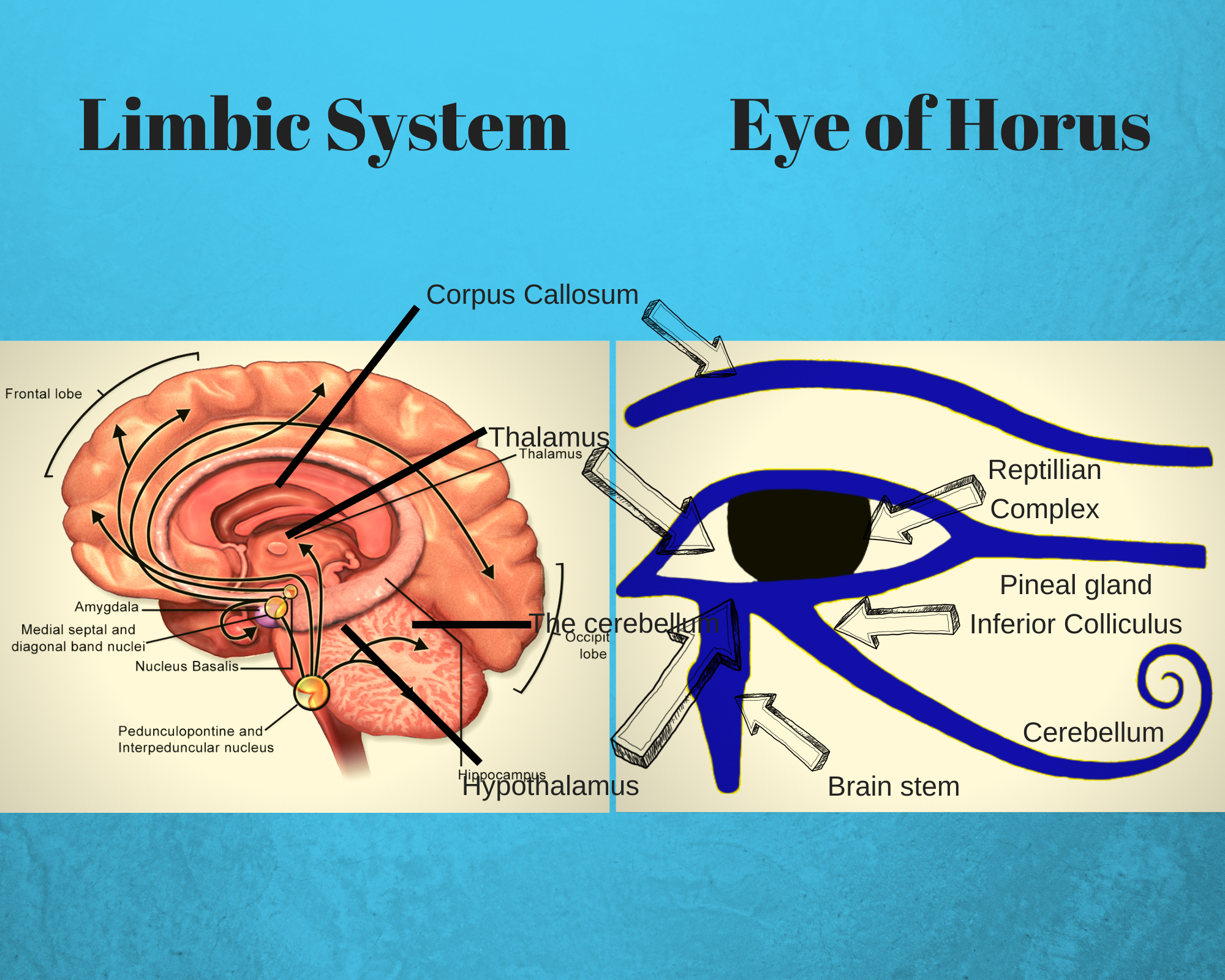
Before you can fulfil the personal goals you fantasize about, you need the motivation to activate self-determination. Motivating powers are within you, but you have to tap into them. Which can be hard to do if you don’t have the energy, willpower or mindset.
Individuals that live with anxiety and depression often struggle to access the innate motivational energies that trigger self-determination. Ironically, fulfilling your goals through self-determination would help you to fight anxiety and depression.
Therefore, it’s worth your while learning to understand what your innate psychological needs are to rev up self-determination.
What is Self-Determination Theory?
To understand self-determination theory we need to understand intrinsic motivation. A helpful place to start is to contrast intrinsic motivation with extrinsic motivation. Intrinsic motivation is the drive to pursue an action because it is inherently enjoyable or interesting to the individual.
This is a personal interest or goal associated with the Lover archetype. It involves pursuing a passion or boosting your self-esteem through a creative endeavour, business project or goal that you will feel improve your self-esteem.

Conversely, extrinsic motivation refers to doing something based on external rewards or outcomes associated with that action (Ryan & Deci, 2000a). This is where you are motivated by an external source, either doing something for somebody else because it makes you feel good or having your confidence boosted by compliments which gives you the drive to keep going.
To understand intrinsic vs. extrinsic motivation, here are some situational examples of each:
Much of the extensive early research on intrinsic vs. extrinsic motivation was done in the 1970s and 1980s by Edward Deci and Richard Ryan, two psychologists interested in personality and behavioural self-regulation.
In 1985, their book Intrinsic Motivation and Self-Determination in Human Behavior formally introduced self-determination theory (SDT). Self-determination theory was largely focused on factors that impact a sense of control over one’s own life and understanding motivations and choices made without the influence of outside distractions or pressures (Deci & Ryan, 1985).
The body of research on SDT since its inception has focused on the kinds of social and cultural conditions and factors that can foster or inhibit healthy psychological development, self-regulation, and well-being.
In other words, what makes people engaged and energised in their daily lives and what holds them back? As you can imagine, understanding intrinsic motivation was a major pillar of work under the theory.
A subtheory of SDT known as Basic Psychological Need Theory conceptualises three main innate psychological needs. Accessing the three basic needs gives you more motivation to flourish, fuelling growth, fulfilment and enhanced enjoyment of life.

Conversely, when the three basic needs are absent, undermined or challenged, stagnation and problem behaviour is more likely. Subsequently, individuals are less internally motivated and their well-being decreases.
Intrinsic motivation is classified as a high-quality sense of feeling that gives you the impetus to be wholeheartedly engaged in an activity that brings out your best self. The 3 innate psychological needs are:
The need for autonomy is a need for perceived control over your life and actions—the sense that your behaviour is self-directed and your choices are self-determined. [Ruler]
However, autonomy is deeper than simply having a sense of control; it is also concerned with a sense of personal integrity and authenticity. [Divine Child — in its full optimal healthy]
The need for competence is associated with feelings of mastery and self-efficacy. Feeling capable and effective in an activity is indeed satisfying and can serve as a remedy to feelings of failure or inadequacy in another area. [Creator, Explorer]
Interestingly, people demonstrate a greater motivation to succeed in a competence-supportive task, or something they’re capable of doing, after experiencing competence frustration in a more challenging task (Fang et al., 2018).
Relatedness, or connection, is a third driver of intrinsic motivation. Relatedness helps individuals to internalise the values of the context or activity in which they are acting and generate a sense of purpose based on this connection. [Lover, Caretaker]
Because of the need to maintain social connections with others and foster a sense of belongingness, we are motivated to act in a way that aligns with these relationships (Leary & Baumeister, 1995).
Being driven to seek novelty, be curious, and explore just for the sake of doing so is critical for human development. It makes us ready to learn about the world and develop skills without the explicit need for external rewards (Gottfriend, 1983).
Additionally, curiosity itself can be rewarding. William James noted that curiosity is “the impulse towards better cognition”. It compels us to seek answers to things we don’t know but have an interest in. This is why storytelling is such a good way to learn.
However, curiosity is only a motivating factor if there is an internal drive; a desire to know. After all, most people don’t know most things, and some people have no desire to improve their intellect.
One study used fMRI imaging to observe participants’ brain activity while reading trivia questions. The individuals’ level of curiosity when reading questions correlated positively with activity in caudate regions of the brain (the Eye of Horus) which have previously been linked to reward anticipation.

The study also found that participants were willing to exchange resources for trivia answers when they were more curious, showing that information exchange has reward value when people are in a curious state (Kang et al., 2009).
However, intrinsic motivation plays a major role in every stage of your life beyond just childhood development. Intrinsic motivation is generally considered to be more durable in the long term than extrinsic motivation because it supports a sense of personal energy and vitality rather than stagnating or depleting it (Ryan & Deci, 2008).
You’ve most likely heard the phrase, “find a job you love and you’ll never work a day in your life.” While that adage probably isn’t 100% true for anyone, it does reflect the advantage of having intrinsic motivation on your side.
For example, when doing a job that makes you feel satisfied, capable, and connected, you’re motivated to clock in by more than just the promise of a paycheck.
Intrinsic motivation can also influence the positive effects of other behaviours. One longitudinal study found that the stress-relieving effects of physical activity in young adults were only observed in those who had high intrinsic motivation for exercise (Meyer, Grob, & Gerber, 2001).
No matter your age or occupation, intrinsic motivation has likely powered many undertakings throughout your life: spending hours perfecting your three-pointer, learning to make a perfect Baked Alaska, or studying for that big exam to bring you one step closer to becoming a doctor.
Not everything is intrinsically motivating, but reflecting on what motivates you and finding ways to leverage intrinsic motivation whenever possible can make for a more enriching and vibrant life.
If you’re struggling with anxiety and depression, tapping into your innate qualities that fuel intrinsic motivation can help you to engage with life in more positive and fulfilling ways.
